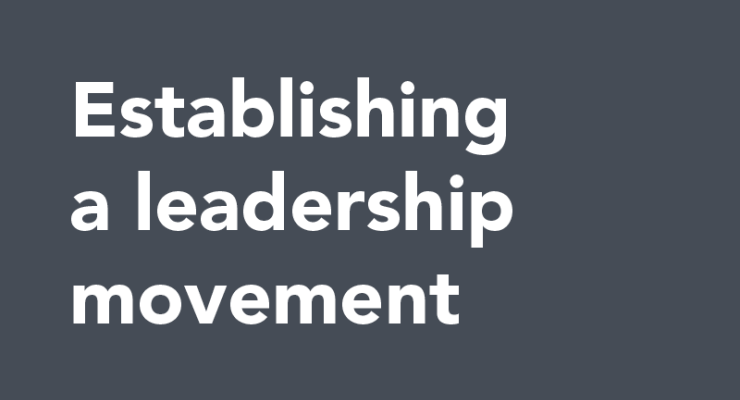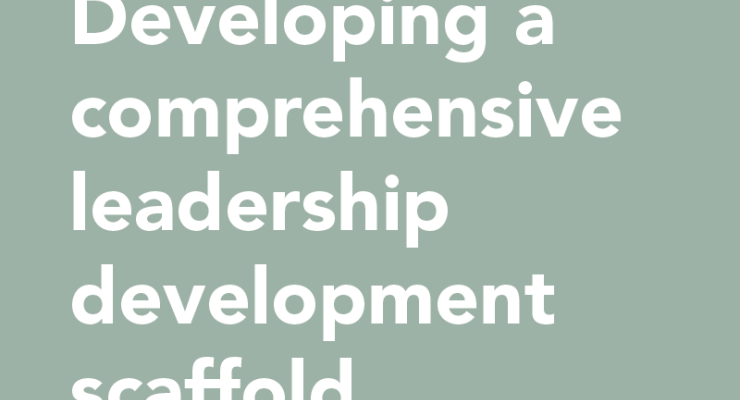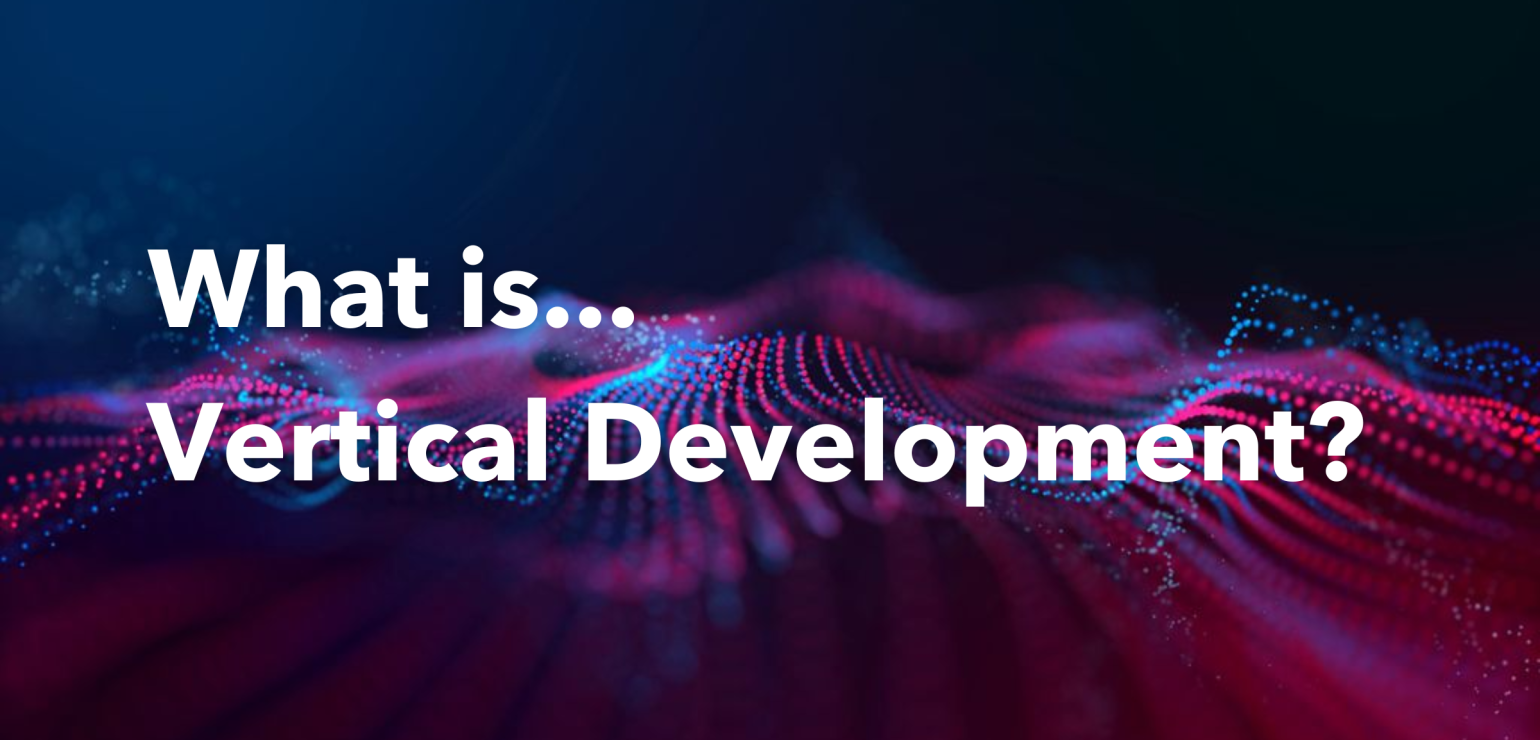Transformational change occurs when strategy, leadership and culture are aligned with mission and vision – and are coherently expressed, not only in structures and processes, but, above all, in consistent day-to-day leadership and management practices.
Transformation is always and everywhere a psychological matter: unless there is a coherent cultural vision, a clear way forward, fully enabled, and an irresistible invitation to collective action, leaders rarely change their collective practices.
Because they don’t really perceive that there is a problem with their current leadership patterns (though they might intellectually get it); because they are not particularly attracted to or convinced by or believe in the alternatives; because - even if they are attracted to and believe in the alternatives - they don’t actually know how to do it in practice; or because even if they do know how it could be done, and they want to do it, they (consciously or unconsciously) fear that something that they really value will be lost in the change.
Leadership culture transformation then requires full engagement and co-creation by the leadership population themselves – a broadening of the circle of involvement, connecting leaders to each other, creating communities for learning and for action, in a way which is transparent and collectively owned.








 Andrea Cusack
Andrea Cusack 